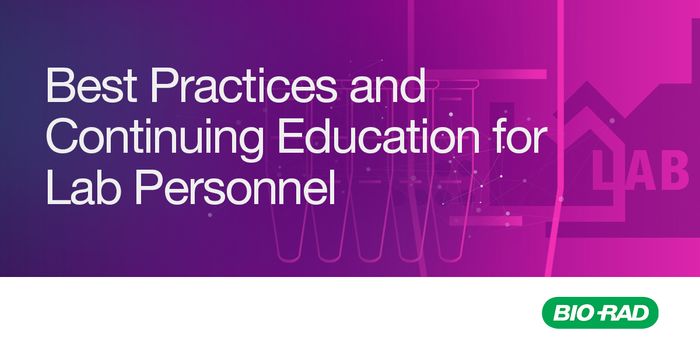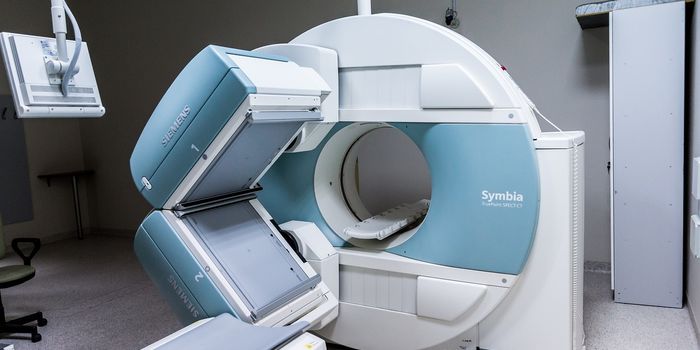'Tis the Season to Be Jolly (It's Good for Your Health)
People who are more grateful and optimistic have lower blood pressures and heart rates, says a new study by University of Michigan researchers. That’s not all—study participants who reported more positive thinking also enjoyed other benefits such as better sleep quality.
As part of the study, researchers recruited close to 5,000 global participants from countries such as the United States, India, and Australia. The cohort downloaded a smartphone app called MyBPLab, which captured blood pressure and heart rate data through its optic sensors and external arm cuff device. Thanks to the technology, the study could be conducted remotely, unlike previous studies where participants had to attend the laboratory in person to collect data.
The MyBPLab users self-reported a number of different parameters: stress levels, how well they slept, and how much they exercised, for example. They used predefined phrases to describe their expectations and dispositions, and these include statements such as “I have so much in life to be thankful for.” They did this three times daily for a period of three weeks.
Analysis of the data revealed connections between optimism and gratitude (or those who chose to report the best part of the day rather than the worst) and beneficial health outcomes.
“Gratitude also orients people toward others and the benefits they have bestowed to them, whereas optimism may orient people to themselves as they focus on their own specific future,” commented Amie Gordon, a co-author on the study.
The researchers said that highly optimistic individuals tended to perceive the worst part of their day as not so bad after all, compared to those who were less optimistic.
The team’s findings highlight the importance of cultivating a positive outlook for mental and physical wellbeing.” These associations reveal both similar and differential influences of positive dispositions on psychological and physiological outcomes that provide insight into health consequences,” wrote the authors.









